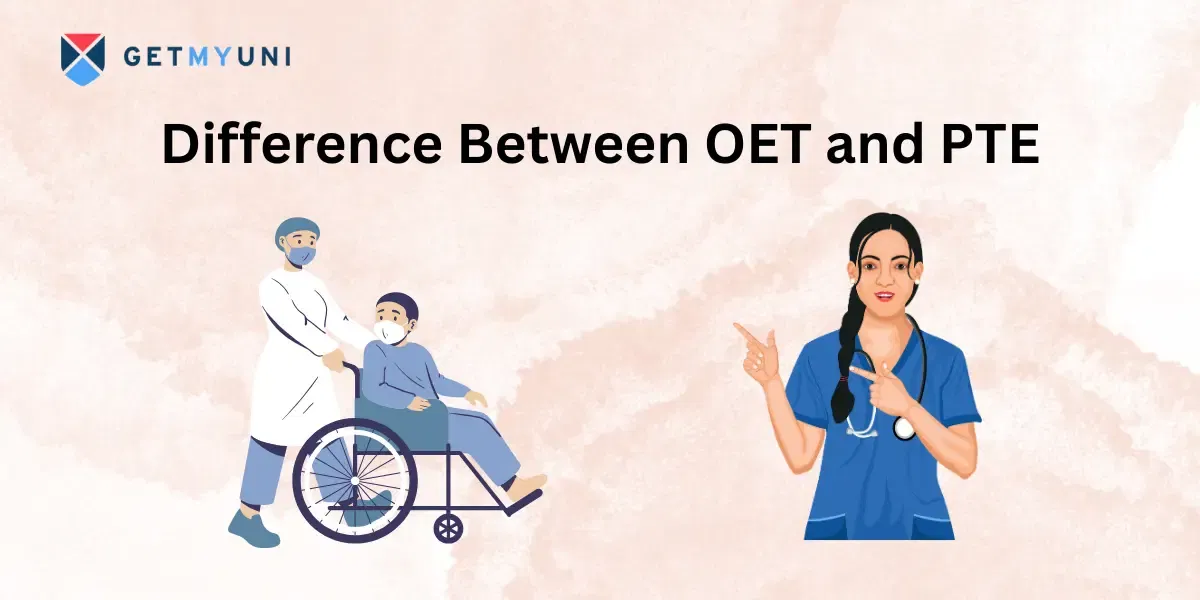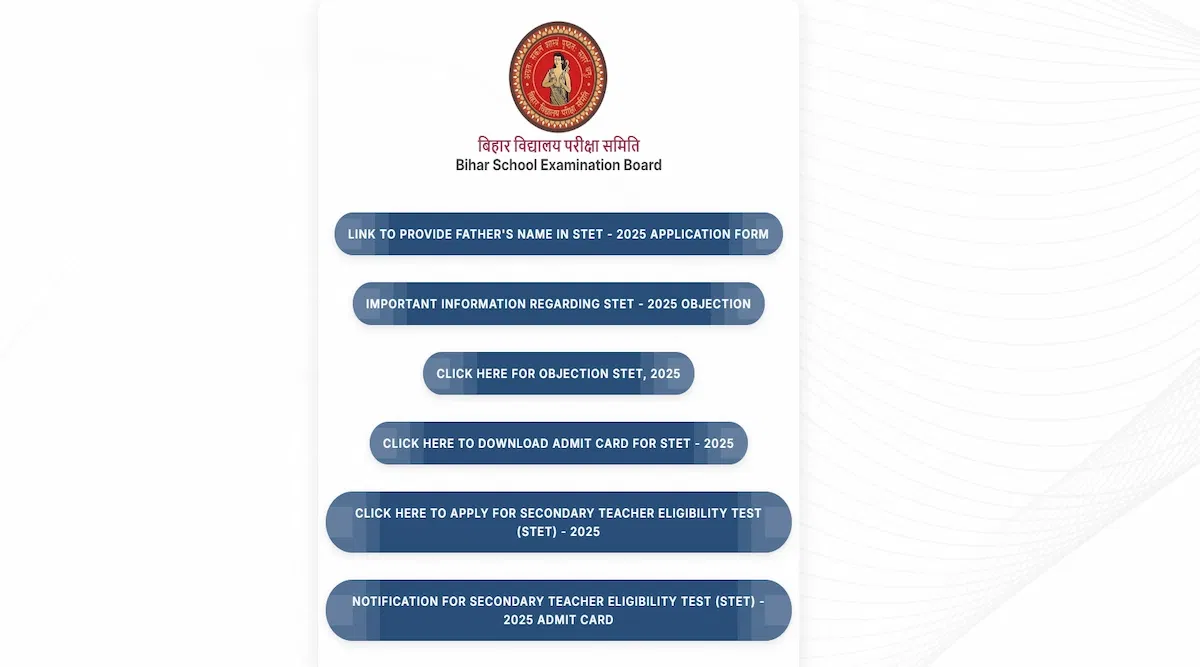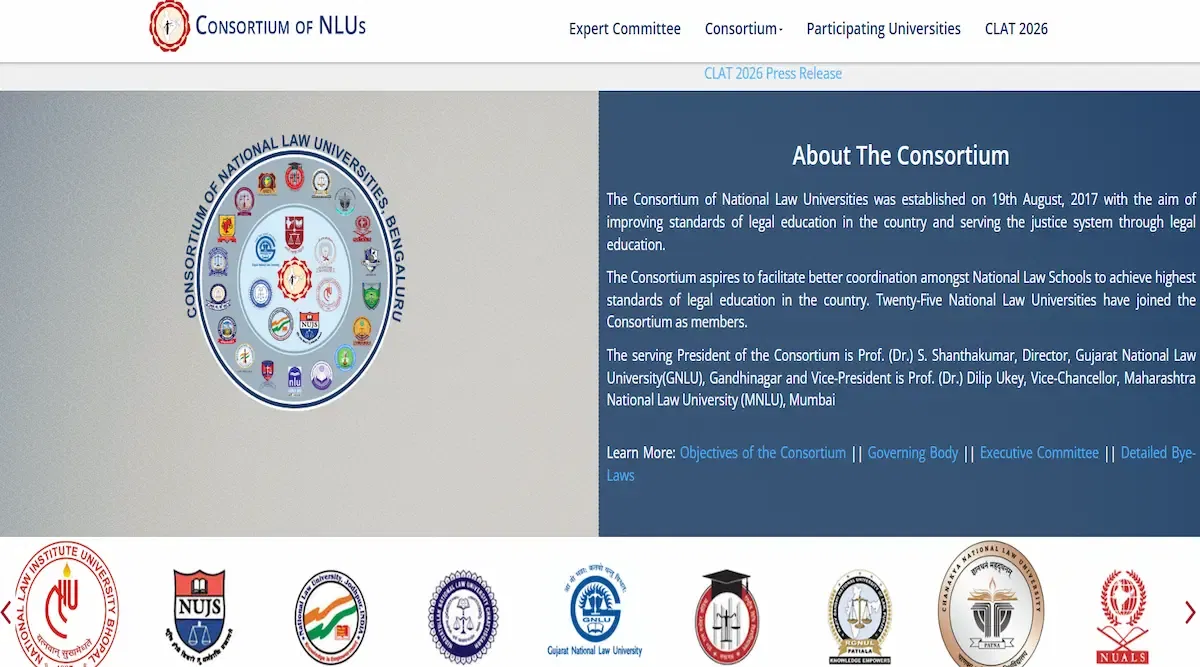Canadian universities offer a variety of dual degree programs to students from around the world. Get complete details about the popular dual degree programs in Canada, including top universities, eligibility requirements, and more.
Table of Contents
Are you looking to pursue dual degree programs in Canada? A dual degree, also called a double degree or a joint degree, allows a student to complete two degrees simultaneously. One of the key benefits of pursuing two degrees at the same time is that it saves time and provides diversified knowledge and skills in two different subject areas.
For instance, rather than taking six years to obtain a bachelor's degree and then a master's degree, you can complete both degrees in just four years through a dual degree program. Read more to learn about the dual degree programs in Canada.
List of Dual Degree Programs in Canada
Top universities in Canada offer dual degree programs in a wide variety of subject areas. Some of the dual degree programs in Canada are given as follows:
- Dual Degrees in Human Resource
- Dual Degrees in Business Administration
- Dual Degrees in Health Care
- Dual Degrees in Economic Studies
- Dual Degrees in Management Studies
- Dual Degrees in Business Studies
- Dual Degrees in Finance
- Dual Degrees in Leadership
- Dual Degrees in Marketing
- Dual Degrees in Information Technology
- Dual Degrees in Marketing Studies
- Dual Degrees in Executive Programs
Top Universities for Dual Degree Programs in Canada
It can be overwhelming to choose from the numerous dual degree programs offered by Canadian universities. The table below provides information about the top Canadian universities that offer dual degree programs, along with their QS World University Rankings 2022.
|
Universities |
QS University Rankings 2022 |
Dual Degree Programs |
|
27 |
||
|
126 |
||
|
46 |
||
|
26 |
||
|
21 |
||
|
170 |
||
|
230 |
||
|
235 |
|
|
|
272 |
||
|
494 |
||
|
240 |
|
MBA and MS Dual Degree
MBA/EMBA dual degree programs allow students to combine a business degree with another graduate program. MBA dual degree programs in Canada usually take one year shorter to complete than if students pursue both degrees independently, though this duration differs on the basis of program and university. Some of the popular dual degree programs in Canada are offered in fields like engineering, social work, economics, health administration, bio-medicine, public health, nursing, and many others.
Advantages of Pursuing Dual Degree Programs in Canada
While pursuing dual degree programs can be challenging and demanding, the benefits of these programs can be highly rewarding in terms of professional and personal growth. Following are some of the advantages of studying dual degree programs in Canada:
- Better Employment Prospects
- Enhances your Ability to Network and Build Relationships
- Develops Adaptability Skills
Better Employment Prospects
A dual degree will give you an advantage over your competitors. Having a dual degree increases your knowledge across multiple fields and enhances your skillset, which you can apply across many industries and fields. Moreover, it will give you an edge in a job market that is constantly changing and becoming increasingly competitive, especially for recent graduates.
Enhances your Ability to Network and Build Relationships
Studying two subjects at the same time will multiply your connections and develop your networking skills. During your program, you will meet new colleagues, lecturers, and instructors from around the world. All these connections can be beneficial during your studies as well as after graduation.
Develops Adaptability Skills
Pursuing a dual degree might require more time and effort depending on what you choose to study. However, this does not mean that your workload gets doubled. Rather, it helps reinforce a strong work ethic by developing the ability to adapt quickly and handle complex tasks.
Admission Requirements to Study in Canada
International students need to meet certain admission requirements to study in Canada. Let us take a look at the eligibility criteria and the documents required to apply to different Canadian universities.
Eligibility Criteria
Each institution in Canada has its own eligibility criteria; however, the general requirements remain the same. Find below some of the important eligibility requirements to study in Canada:
- Transcripts/Marksheets of class 10th, 12th, graduation, etc.
- GMAT/ GRE scores (for MBA and Masters programs)
- Statement of Purpose for Canada (SOP)
- Letters of Recommendation (LOR)
- English Proficiency Tests:
- For French-taught programs, you will be required to take French proficiency tests such as TCF, TEF, DELF, and DALF.
- Proof of your financial sufficiency to study in Canada.
- An updated CV (if required)
- Applicants for a Master's degree or Ph.D. program may need to submit two letters of academic reference, as well as previous letters of employment. Furthermore, you will need an ECA (Educational Credential Assessment) if you have not studied in Canada before.
Documents Required
In order to apply to top universities in Canada, international students will require the documents listed below:
- Letter of Acceptance
- Valid Passport
- Academic Transcripts/Marksheets
- School Leaving Certificate
- Proof of GIC Purchase
- Details of Scholarships/Fundings (If applicable)
- Evidence of English or French language proficiency
- Medical Test for Canada Student Visa
- Family Information Form
- Student Questionnaire
- Your parents' IT records from the last two years
- Use Representative Form (IMM 5476)
Application Process
To study in Canada, you need to follow the step-by-step procedure given below:
- Select your preferred university and course
- Visit the official website of the university and check their application deadlines
- Fill out the online application form
- Upload all the necessary documents such as the academic transcripts, SOP, English proficiency proof, reference letters, etc.
- Wait for your offer letter from the university
- Apply for a student permit (visa)
Canada Study Visa
To obtain a Canada Study Visa, international students need to apply to Citizen and Immigration (CIC). It is the main authority responsible for issuing visas to international students. The application fee for a Canada study visa is CAD 150 [Rs 8,000 approximately].
Students can apply for a Canada Study Visa or Student Permit in two ways:
- Regular Study Permit Application Procedure
- Student Direct Stream























POST YOUR COMMENT